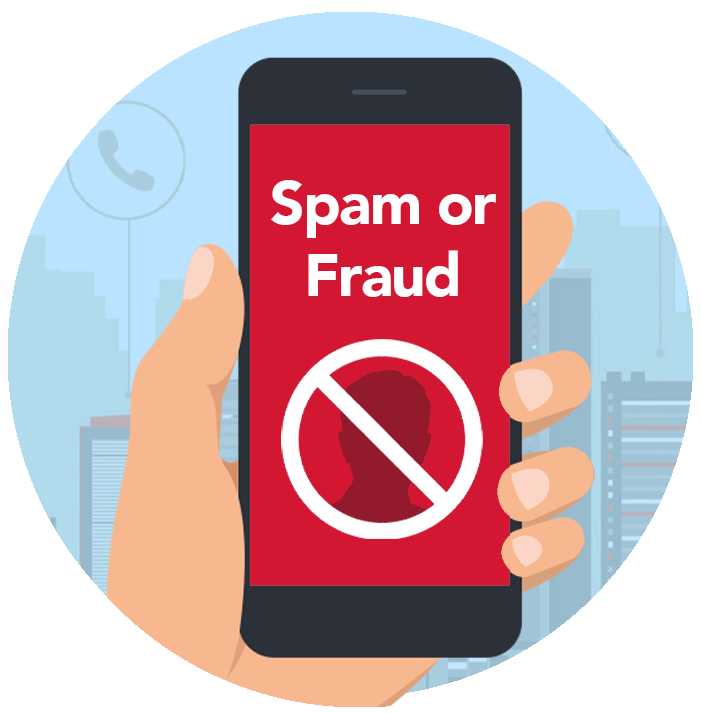
Why is STIR/SHAKEN important?
It’s no surprise that spam and illegal robocalls have caused consumers to stop answering their calls.
Especially when you consider that more than 6.3 billion spoofed calls were made as of March 2021, according to FCC Commissioner Geoffrey Starks, and the fact that $1.8 billion is lost annually due to fraudulent activities, including “wangiri” one-ring scams.
Spam and illegal robocalls pose a significant challenge for legitimate businesses trying to reach consumers with important information and costs phone companies time and money investigating and combating fraud and nuisance communications.
Enter STIR/SHAKEN - by verifying the integrity and accuracy of calling number data, phone companies are better able to identify and stop the illegal calls and spoofing. Learn more about the importance of STIR/SHAKEN and stopping illegal calls and spoofing below.
What is STIR/SHAKEN's impact on robocalls?
The Secure Telephone Identity Revisited (STIR) / Signature-based Handling of Asserted information using tokens (SHAKEN) framework gives phone companies the tools needed to cryptographically sign and verify calling parting information to help mitigate illegal robocalls.
STIR is derived from a series of Request for Comments (RFC) standards documents by the Internet Engineering Task Force (IETF). It focuses on adding a digital certificate to the Session Initiation Protocol (SIP) information used to initiate and route calls in VoIP systems.
SHAKEN is a suite of guidelines, developed jointly by the SIP Forum and the Alliance for Telecommunications Industry Solutions (ATIS), intended to efficiently implement the STIR standard, define the mechanism for verifying the accuracy of the calling number information and specifying how this information will be transported across communications networks.
By verifying the integrity and accuracy of calling number data, phone companies are better able to identify and stop the illegal calls and spoofing.
